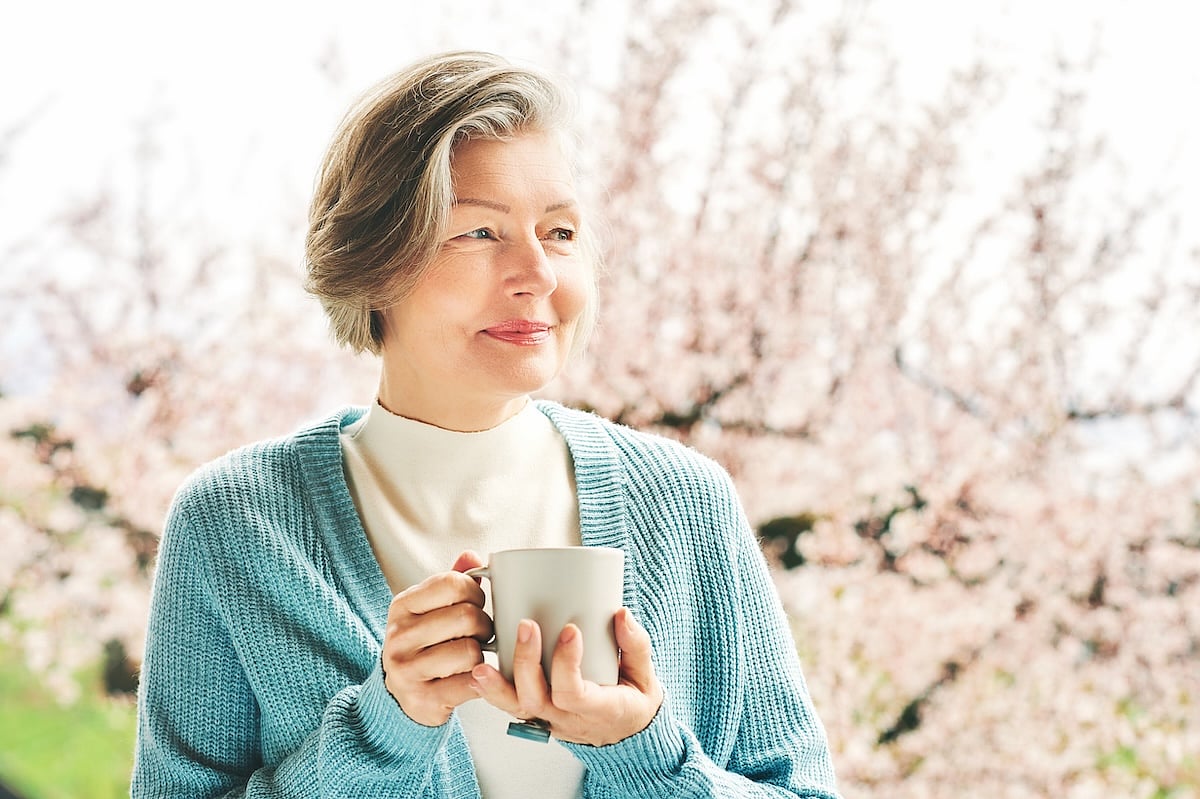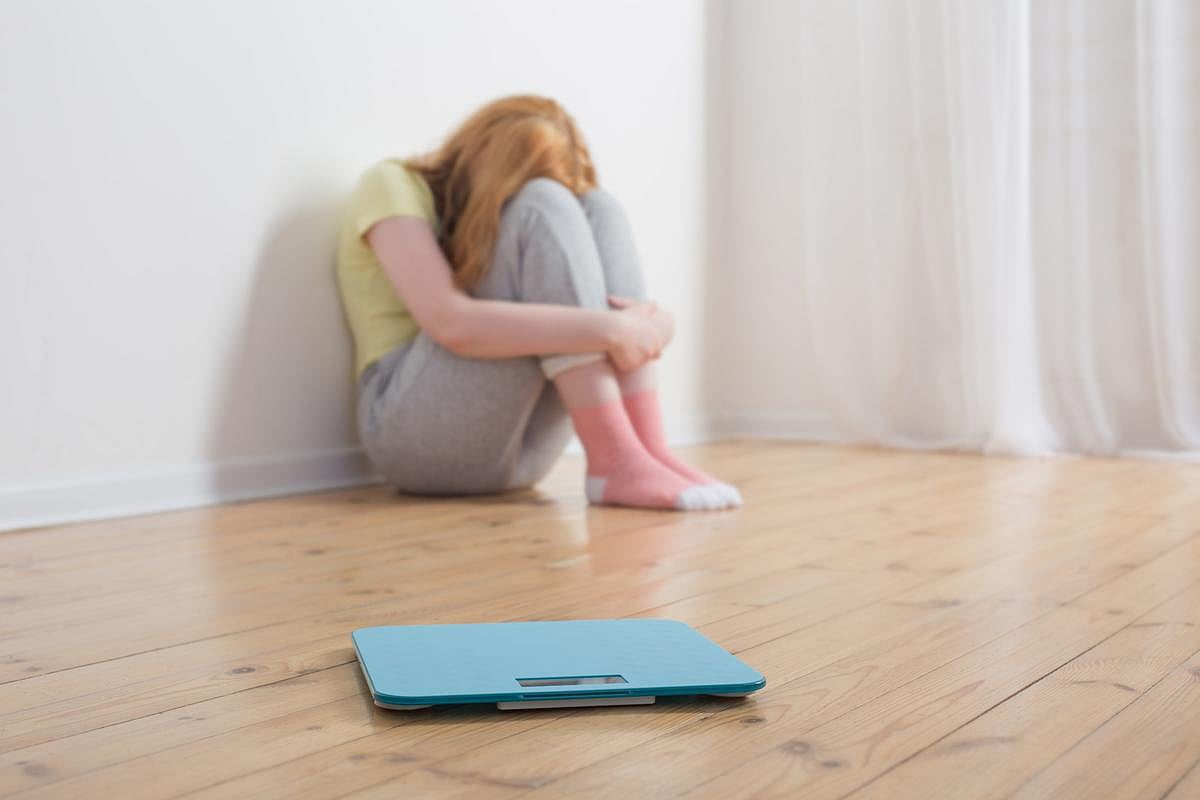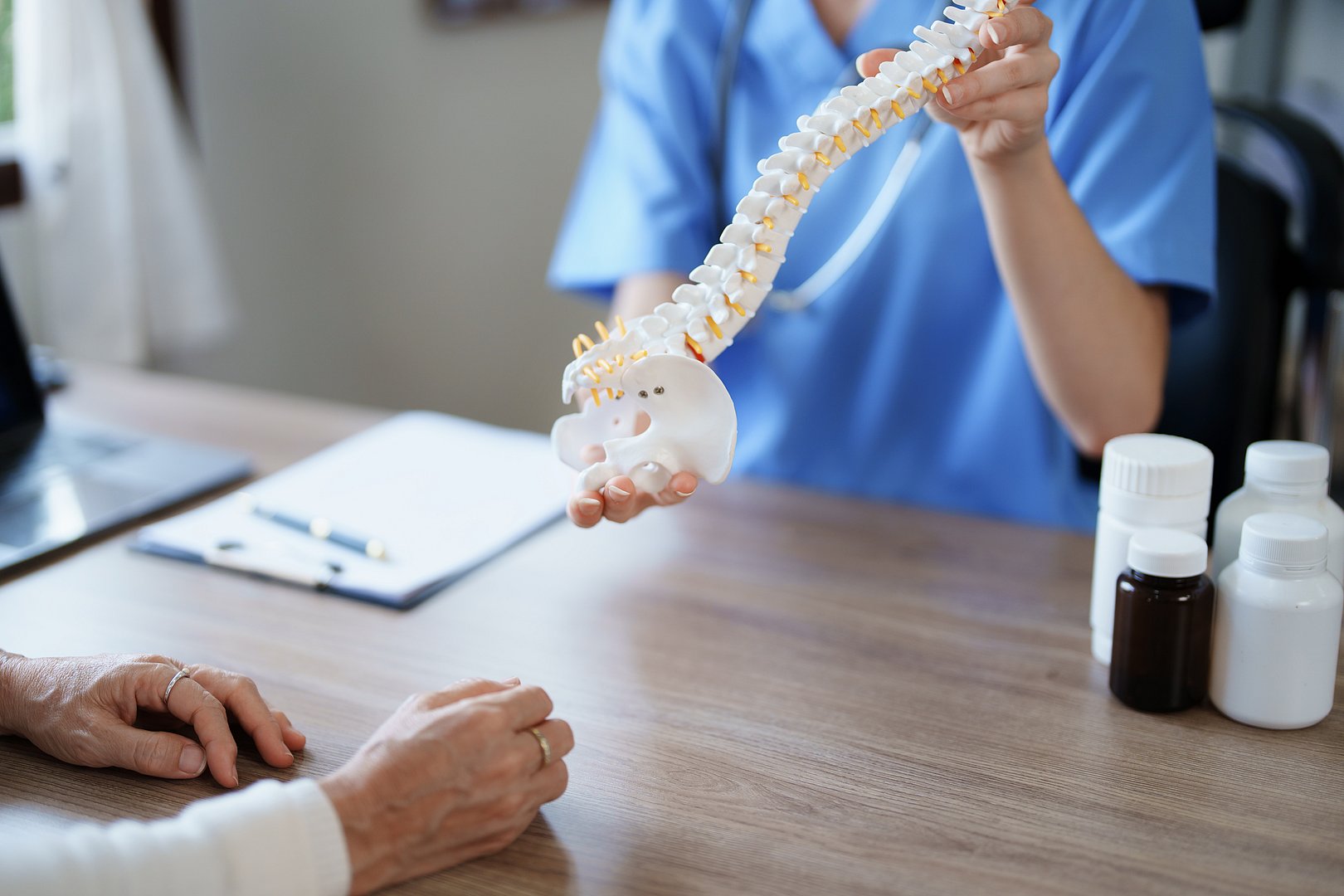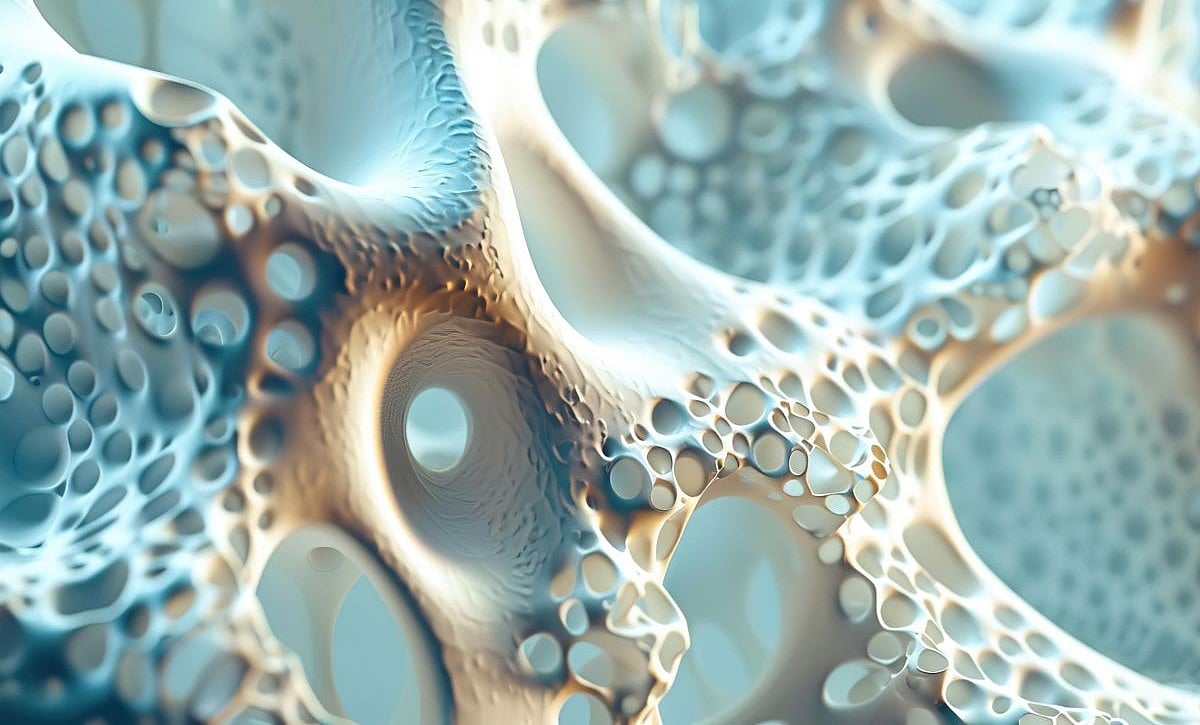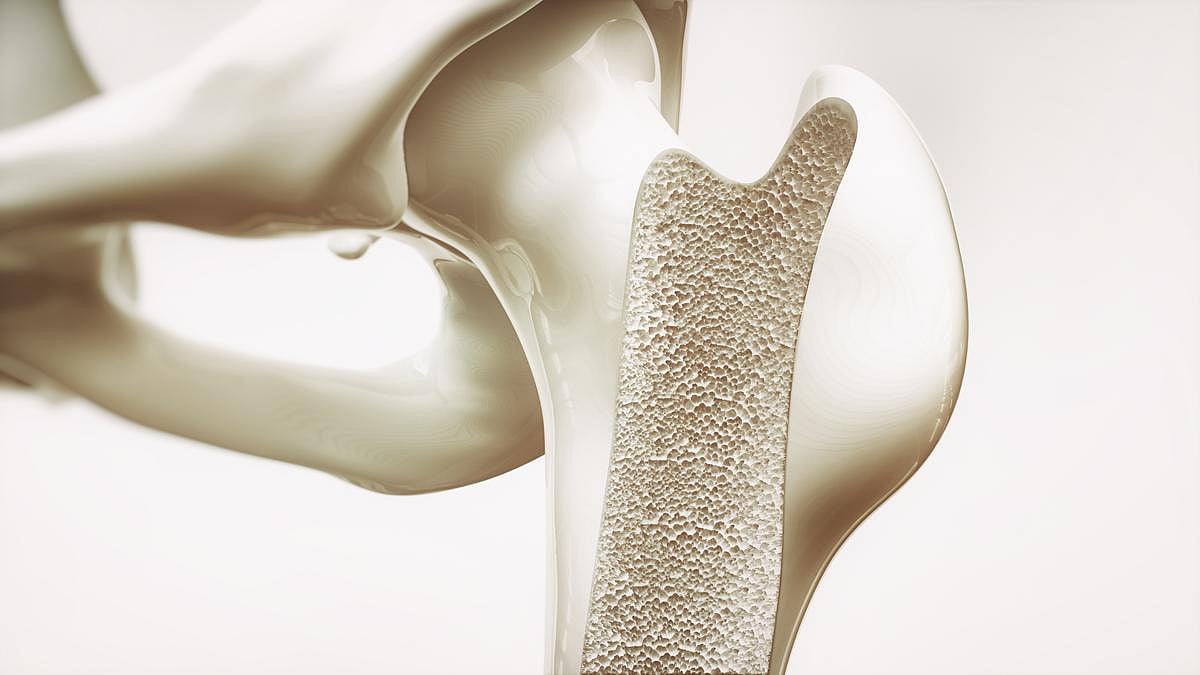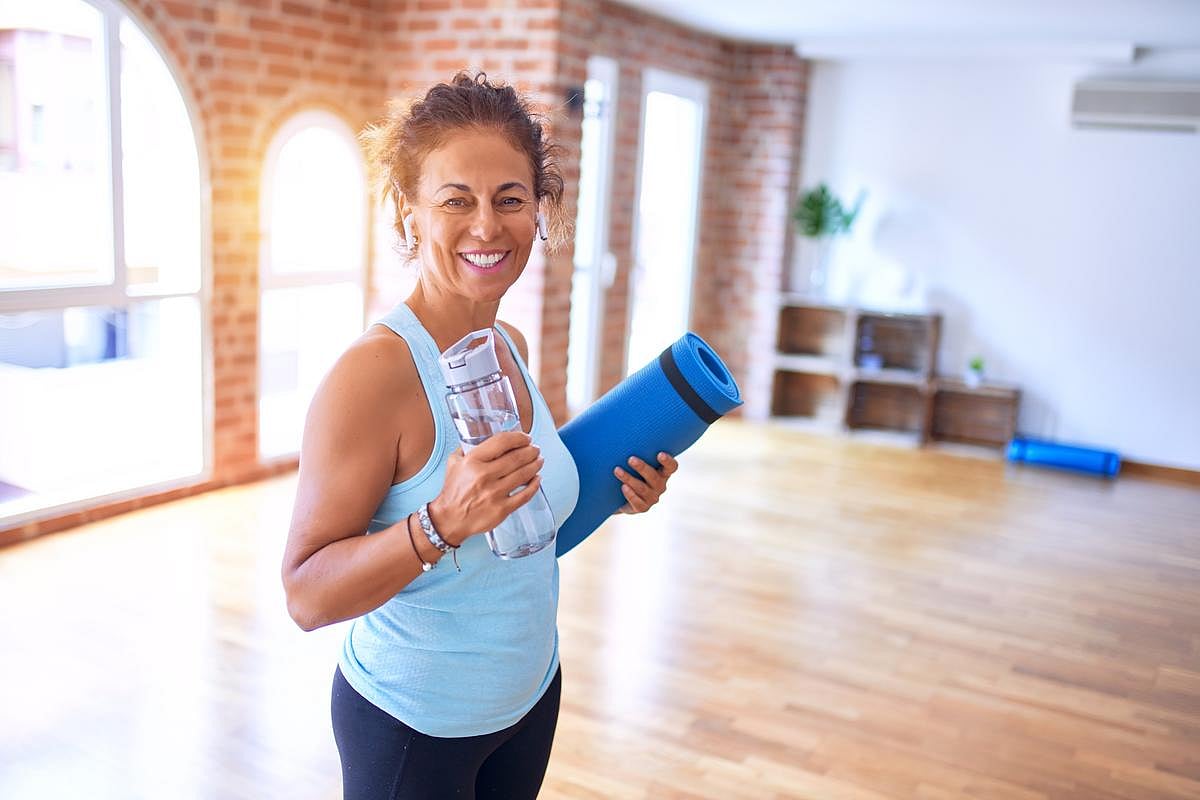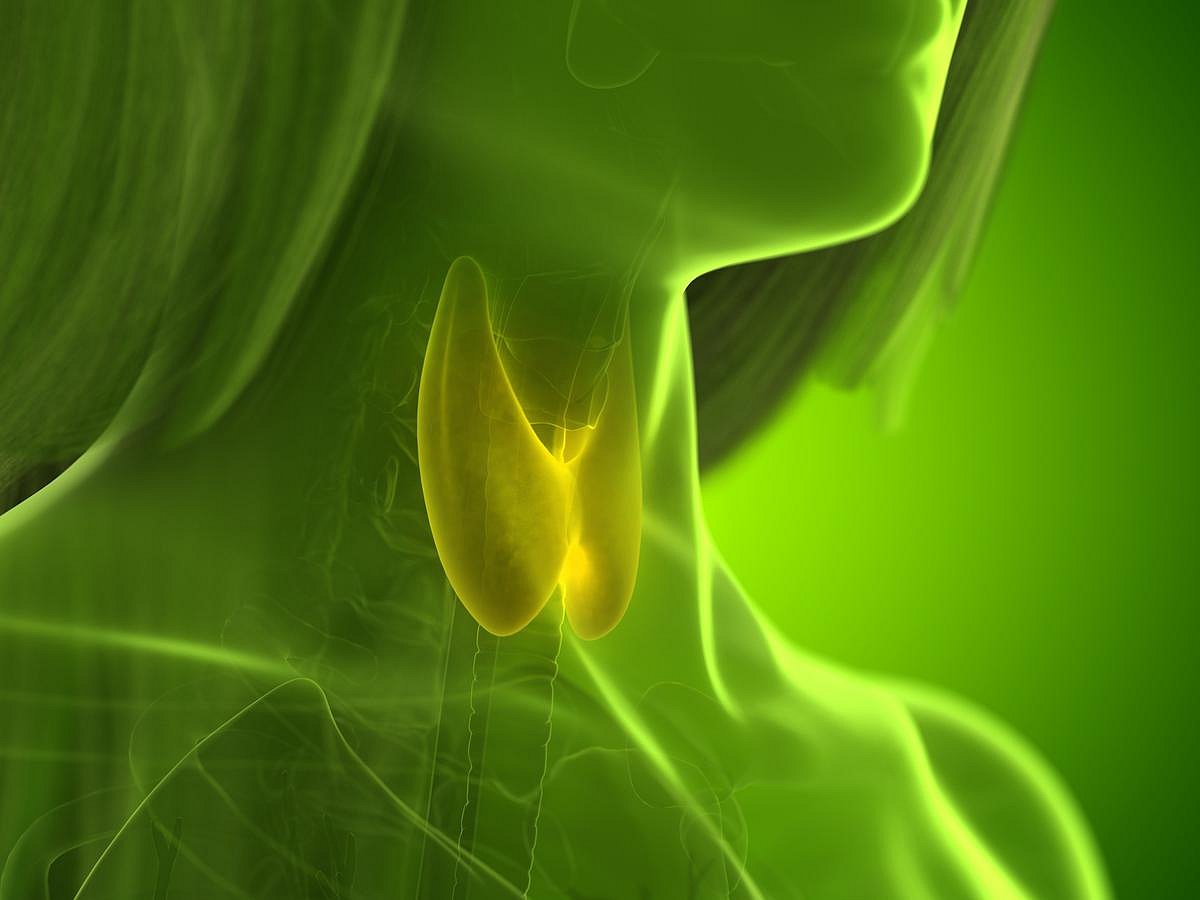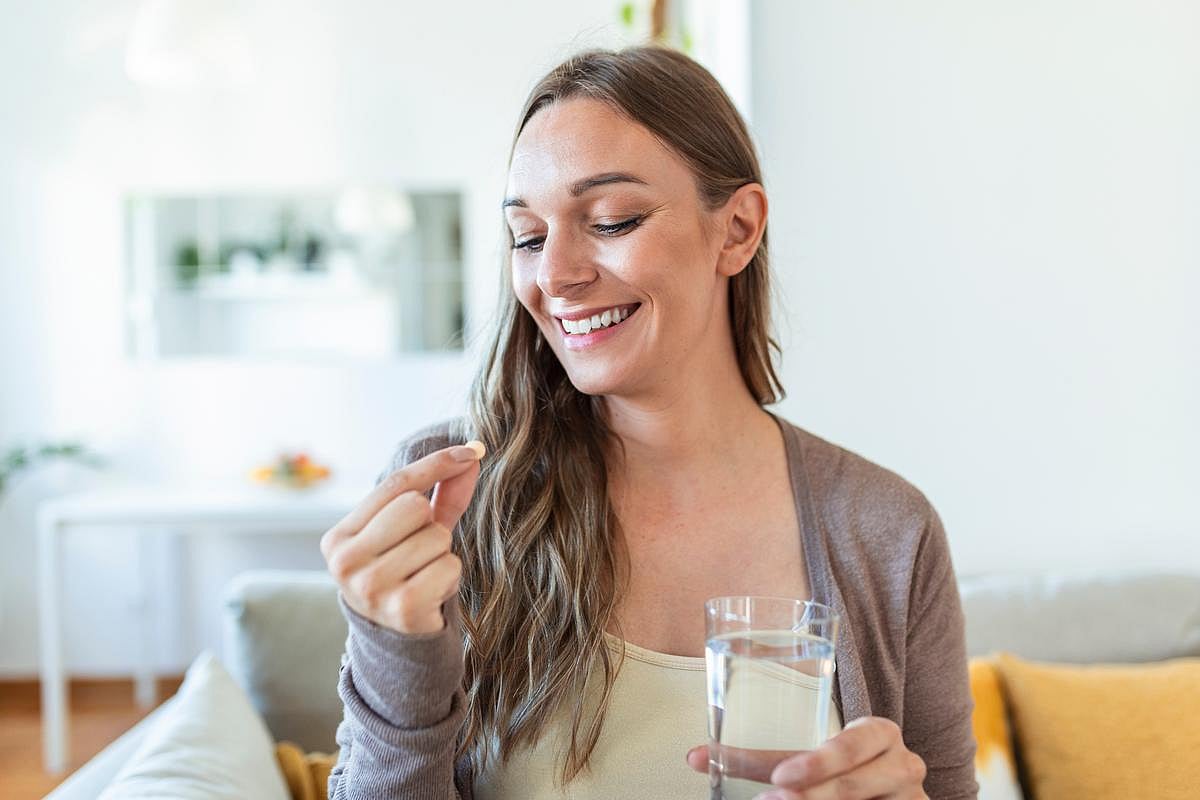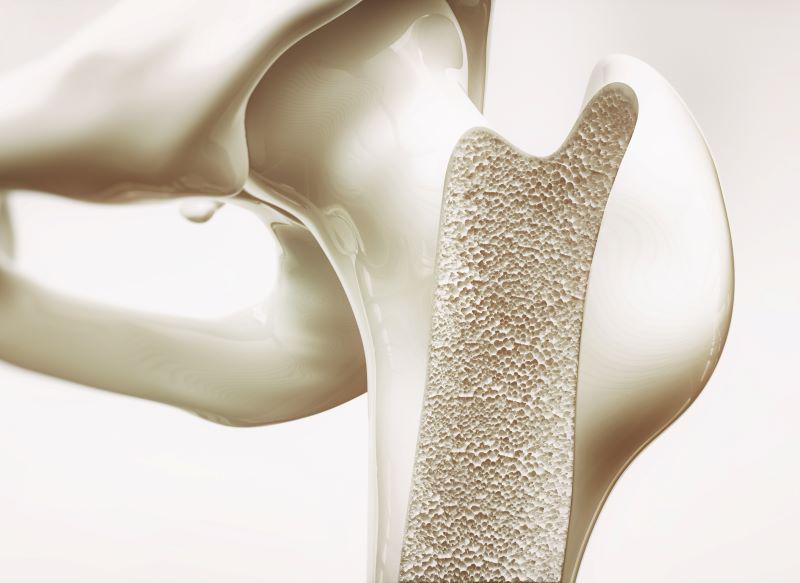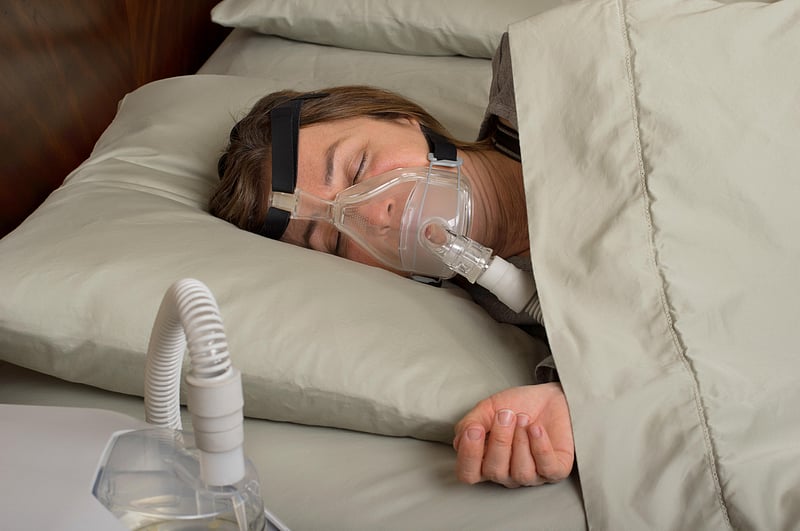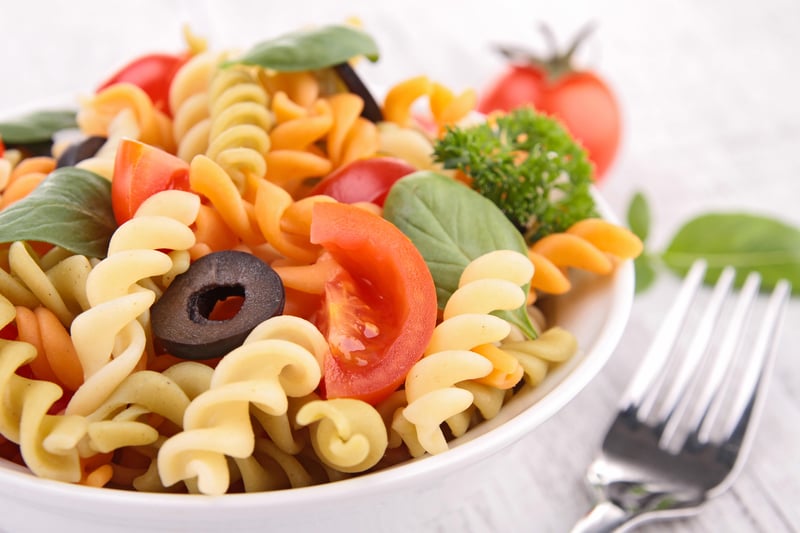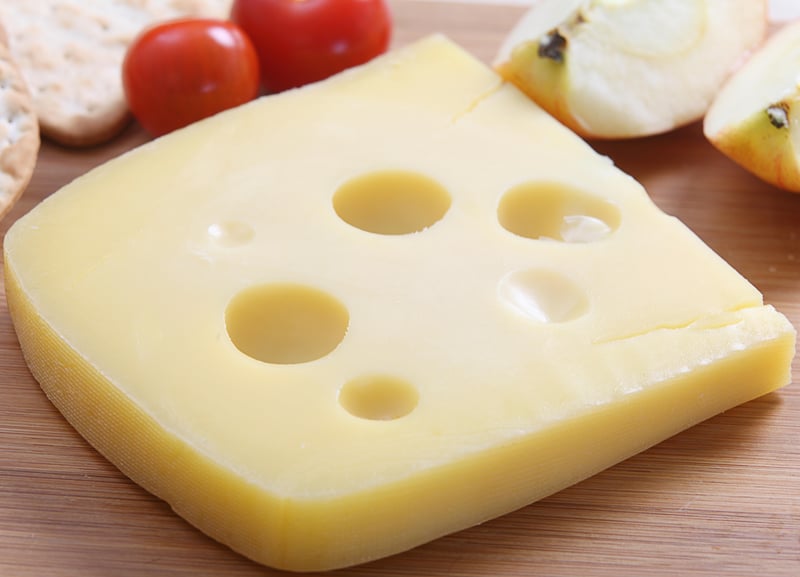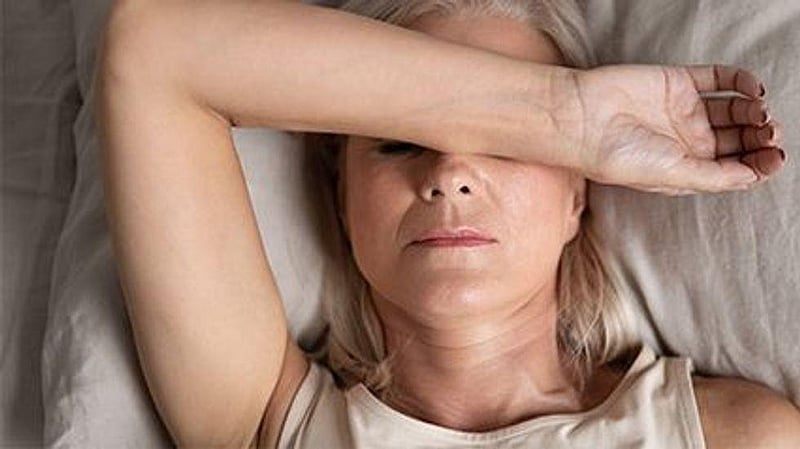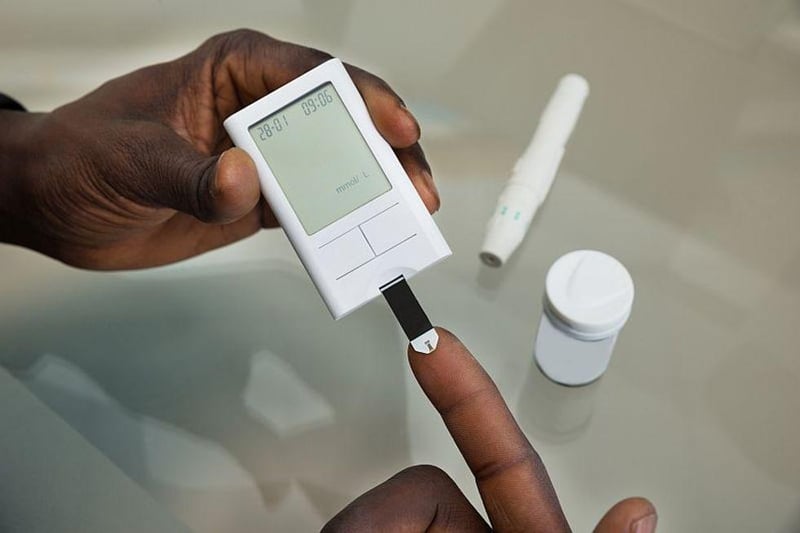Patient Resources
Get Healthy!
Results for search "Osteoporosis".
Health News Results - 30
Tea May Have Bone-Health Benefits For Older Women
- Carole Tanzer Miller HealthDay Reporter
- December 24, 2025
- Full Page
Here’s a DIY prescription for women looking to do everything they can to prevent a broken hip: Drink tea, not coffee.
A decade-long study of older women found that tea drinkers had slightly stronger bones than their coffee-consuming counterparts.
"Even small ...
Eating Disorders Impact Health For Years, Researchers Find
- Dennis Thompson HealthDay Reporter
- November 19, 2025
- Full Page
Eating disorders can harm a person’s physical and mental health in ways that linger for years, a new study reports.
Anorexia, bulimia, binge eating and other such disorders bring with them a high risk of health problems like
From Body Fat to Bone, Experiment Offers Hope for 'Gentle' Repair of Fractures
- Carole Tanzer Miller HealthDay Reporter
- November 15, 2025
- Full Page
Japanese researchers are testing a surprising, minimally invasive way to repair spine fractures.
A team at Osaka Metropolitan University found that stem cells from fat tissue can repair breaks similar to those common in people with the bone-weakening disease
Skipping Breakfast? Beware Broken Bones, Study Says
- Dennis Thompson HealthDay Reporter
- August 29, 2025
- Full Page
Breakfast is said to be the most important meal of the day, and a new study says that’s absolutely true as far as bone health is concerned.
Folks who skip breakfast have a greater risk of broken bones from
Weighted Vests Don't Protect Bone Health In Dieting Seniors, Trial Says
- HealthDay Reporter
- Dennis Thompson
- June 24, 2025
- Full Page
Weighted vests have been touted as a potential means of warding off osteoporosis while losing weight.
The idea is that the extra weight will promote new bone growth even ...
Drug Lowers Fracture Risk in Early Postmenopausal Women
- HealthDay Reporter
- Dennis Thompson
- January 17, 2025
- Full Page
Women past menopause can protect themselves from future fractures through infrequent, cheap IV infusions of a bone-strengthening drug.
Women 50 to...
Updated Guidelines for Preventing Osteoporosis-Related Fractures Released
- HealthDay Reporter
- Dennis Thompson
- January 14, 2025
- Full Page
All women 65 and older should continue to be screened for osteoporosis, the nation’s leading preventive health panel says in an updated recommendation.
The U.S. Preventive Services Task Force also recommends screening women younger than 65 who’ve gone through...
Could a Common Thyroid Medicine Weaken Bones?
- HealthDay Reporter
- Carole Tanzer Miller
- November 25, 2024
- Full Page
New research suggests that a thyroid medication often prescribed to older Americans may be linked to a common problem in old age -- bone loss.
Long COVID Hits the Young Harder Than the Old, Study Finds
- HealthDay Reporter
- Ernie Mundell
- November 25, 2024
- Full Page
It might sound counterintuitive, but new research shows that when Long COVID strikes, younger patients appear more prone to severe symptoms than older folks.
That's tough on society as a whole, the study's lead author said.
“The impact of Long COVID is causi...
Vitamin D Supplements in Pregnancy Linked to Stronger Bones in Kids
- HealthDay Reporter
- November 7, 2024
- Full Page
Women who take vitamin D supplements during a pregnancy may be giving their kids the legacy of stronger bones, new British research suggests.
Children whose moms took vitamin D supplements when pregnant had stronger, denser bones at the age of 7 compared to the kids of w...
Living Near Green Spaces Could Strengthen Your Bones
- HealthDay Reporter
- Ernie Mundell
- March 7, 2024
- Full Page
Living close to trees and other greenery could be keeping your bones strong, a new 12-year study suggests.
Folks whose residences were near spots deemed "green" by satellite imagery tended to have better bone density than those who lived elsewhere, Chinese researchers fo...
Add Some Impact to Your Exercise to Keep Aging Bones Strong
- HealthDay Reporter
- Ernie Mundell
- January 17, 2024
- Full Page
Putting a little pressure on your bones during exercise or daily activities might pay off in stronger bones as you age, new research suggests.
The study focused on a crucial part of the hip joint anatomy called the femoral neck.
Finnish researchers found that large...
PFAS Chemicals May Harm Bones of Hispanic Teens
- HealthDay Reporter
- Dennis Thompson
- December 7, 2023
- Full Page
"Forever"PFAS chemicals appear to harm bone health in Hispanic teenagers, a new study finds.
The more PFAS chemicals found in the bodies of Hispanic adolescents, the lower their bone density was, researchers report in the Dec. 6 issue of the journal Environmental Res...
Bone Up on Osteoporosis & Your Bone Health
- HealthDay Reporter
- Cara Murez
- May 15, 2023
- Full Page
It's important to understand your bone health to avoid damage as you age.
Losses of bone mineral density and bone mass can cause weakening, potentially leading to a fracture, especially in the hip, spine and wrist.
Osteoporosis is considered a silent disease becaus...
Polluted Air May Speed Osteoporosis Bone Loss
- HealthDay Reporter
- Cara Murez
- February 27, 2023
- Full Page
Exposure to elevated levels of air pollutants is associated with bone damage in postmenopausal women, according to a new study that said the effects were most evident on the lumbar spine.
High levels of niitrogen oxides in air nearly doubled the effects of normal aging o...
Sleep Apnea Linked to Weaker Bones, Teeth
- HealthDay Reporter
- Cara Murez
- February 1, 2023
- Full Page
People who have sleep apnea may have another issue to worry about -- weaker bones and teeth.
Known as low bone-mineral density, the condition is an indicator of osteoporosis and can increase the risk of fractures and cause teeth to become loose and dental implants to fa...
Doctors' Group Updates Guidelines on Treating Osteoporosis
- HealthDay Reporter
- Ernie Mundell
- January 3, 2023
- Full Page
As millions of Americans born in the baby boomer generation are already finding out, bone loss is a common sign of aging.
And now experts at the American College of Physicians (ACP) -- one of the leading groups representing primary care doctors -- is issuing updated guid...
When Is a Fracture Potentially Deadly for an Older Adult?
- HealthDay Reporter
- Cara Murez
- October 11, 2022
- Full Page
Researchers studying fractures in older adults found a higher death rate when those fractures were close...
Vegetarian Women at Higher Odds for Hip Fracture
- HealthDay Reporter
- Denise Mann
- August 11, 2022
- Full Page
Record numbers of people are turning to plant-based diets to take advantage of the many health benefits they offer, but this may come at the expense of their bones, a new study suggests.
Exactly what did researchers find? Middle-aged women who never eat meat may be more ...
Space Travel Speeds Up Aging, Weakening of Bones
- HealthDay Reporter
- Cara Murez
- August 4, 2022
- Full Page
Astronauts may go to space for weeks or months, and their bones can lose years in that environment.
Long periods in space can irreparably damage bone structure and cause parts of the human skeleton to...
Could One Type of Cheese Help Strengthen Your Bones?
- HealthDay Reporter
- Steven Reinberg
- August 3, 2022
- Full Page
Enjoying just two slices of Jarlsberg cheese every day may help stave off osteoporosis, a small Norwegian study suggests.
The protective effect of cheese on bone-thinning appea...
Another Smoking Hazard for Men: Brittle Bones
- HealthDay Reporter
- Robert Preidt
- June 10, 2022
- Full Page
You can add more risk of broken bones to the long list of health harms that smoking poses to men.
Along with cancer and respiratory diseases, men who smoke have a significantly increased risk of
Calcium Supplements Could Spell Trouble for Older Heart Patients
- HealthDay Reporter
- Dennis Thompson
- April 26, 2022
- Full Page
Seniors are often advised to take calcium supplements, but new research says the pills might significantly increase an aging person's risk of heart valve problems that contribute to heart failure.
People taking either calcium supplements alone or calcium with vitamin D h...
How Safe Is a 'Holiday' From Bone-Strengthening Meds?
- HealthDay Reporter
- Amy Norton
- January 12, 2022
- Full Page
People on bone-protecting drugs often take breaks from them for a few years. Now a new study finds that a "holiday" from the medication risedronate (Actonel) may come with a slightly increased risk of hip fracture.
Researchers found that compared with a drug holiday from...
Four Factors in Midlife Predict a Healthy Old Age for Women
- HealthDay Reporter
- Cara Murez
- January 11, 2022
- Full Page
Examining a woman's health in midlife can predict her health decades later, researchers say.
Four specific factors -- higher body mass index (BMI), smoking, arthritis and depressive symptoms -- at age 55 are associated with clinically important declines in physical healt...
Vaping Could Weaken Your Bones, Study Finds
- HealthDay Reporter
- Steven Reinberg
- November 22, 2021
- Full Page
The evidence against vaping is mounting, and a new study now links e-cigarettes with an increased risk for broken bones.
Over time, vaping appears to increase the risk for fracture of the hip, spine and wrist by 46%, according to the findings. Researchers said these fra...
Protecting Your Skin From Sun Won't Weaken Your Bones: Study
- HealthDay Reporter
- Ernie Mundell
- November 18, 2021
- Full Page
Most people know that sun-sourced vitamin D is good for their bones. So could avoiding the sun to reduce skin cancer risk weaken your bones?
A new study brings a reassuring answer: "Sun-protective" behavior -- wearing long sleeves, seeking shade or using sunscreen -- "wa...
Study Links Muscle Mass to Severity of Hot Flashes in Women
- HealthDay Reporter
- Robert Preidt
- November 12, 2021
- Full Page
Older women with muscle loss are less likely to have menopause-related hot flashes, a new study finds.
The loss of muscle mass and function (sarcopenia) is one of the most significant changes that occurs with age, and older women are at increased risk due to sex hormone ...
Osteoporosis Drug May Keep Type 2 Diabetes at Bay
- HealthDay Reporter
- Dennis Thompson
- September 28, 2021
- Full Page
A drug widely used to treat osteoporosis might reduce the risk of type 2 diabetes, a new study suggests.
Taking the drug alendronate (Fosamax) for at least eight years could potentially reduce a person's risk of type 2 diabetes by more than half, compared to people never...
How Common Is Opioid Misuse Among Seniors After Hip Surgery?
- HealthDay Reporter
- Alan Mozes
- August 31, 2021
- Full Page
Many seniors who undergo surgery after breaking a hip continue to take opioids long after being released from the hospital, new research indicates.
After tracking nearly 30,000 U.S. older patients, investigators found that nearly 17% were still taking opioids as much as ...

